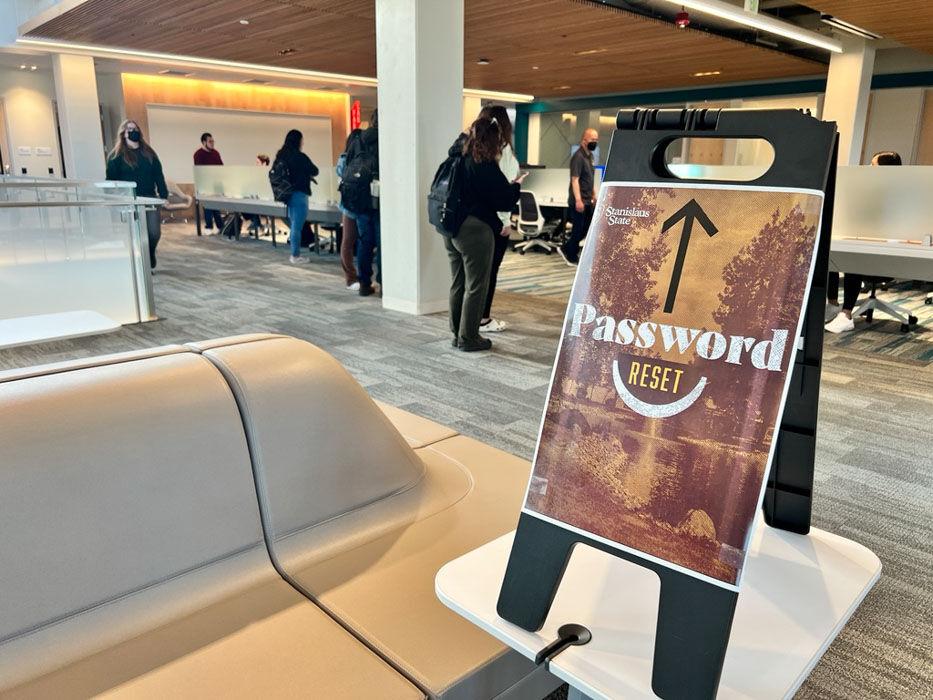“I can’t add my class!” This is a common complaint that spreads throughout campus by paranoid Warriors each semester. As students seeking to receive our bachelor’s degrees sooner rather than later, we tend to follow our designed plan established to lead us to graduation promptly. Although we as students tend to feel frustrated with the strict rules set for class enrollment and the room capacity in certain courses, we should all recognize that these regulations are set to place order and fairness during registration time. Informing ourselves and making sure we understand campus regulations allows for student registration to be completed timely and in order. Eliminating rumors and misunderstandings about registration priorities and regulations will allow for the campus community to set a cleared atmosphere and eliminate concerns established by assumptions and keeping ourselves uninformed.
As a community, we make the constant mistake of assuming that registration enforces priorities to specific groups of students. Priority is distributed by grade level and groups enforced by the federal law such as veterans, disabled students and foster youth.
“Some groups do have priority groups in the beginning because federal law mandates it; veterans, disabled students and foster youth,” Lisa Bernardo, Director-Enrollment Services Department said.
Freshmen and Athletes are also viewed to receive registration priority. This assumption is wrong.
“Athletes do not have priority,” Bernardo said. ”On all campuses I know they have priority, but on our campus they do not . And I know because we give it.”
We should not be concerned about these three specific groups of individuals filling up much classroom spaces as it has not been an issue in the past.
“Registration order, which was approved by Academic Senate and the President, is: seniors, classified graduates and credential students, juniors, sophomores, freshmen and unclassified credential students.” Bernardo said. “Seniors have earned the priority to go first”
Before registration is complete, advising is required and advised in order assist us in enrolling into the correct courses. Without advising, we may become confused and add classes we think are either easy or mandatory.
“Absolutely meet with your advisor, map out a plan,” Bernardo said. “You don’t want to take classes you do not need. You do not want to waste your time because time is money.”
Time slots are provided in which we are able to add 12 units on the first round and up to 18 units during the second round. It is also important to remember that we are able to add classes until the end of the first pass.
“Registration appointments are given to every eligible student who has been here this semester,” said Bernardo. “We gave out about 9,400 appointments.”
Making sure to have classes mapped out and planned out is the best idea to make sure we enroll during priority registration time. Having multiple plans will come in handy when classes become closed or are no longer available for enrollment. Do not allow maintenance shut down during the late evening prevent you from enrolling in classes; remain in contact with your plans to ensure your schedule is promptly set and organized.
“I find my advisor to be very helpful in guiding me to take specific classes I need for my major,” Ashley Medina (junior, Criminal Justice) said. “I already have my classes set up and have multiple other classes listed just in case.”
Stanislaus has had this registration system set up for at least 20 years. Therefore assuming that it has changed is a mistake that we as students make, and it could be prevented by asking questions and becoming aware by reading and keeping ourselves informed. The enrollment catalog is out for a reason; look at it and inform yourself. If we have concerns, the Enrollment Services Department is open daily to answer questions.
Categories:
Stop assuming and start asking
By Yari Collado
•
October 30, 2014
0
More to Discover







